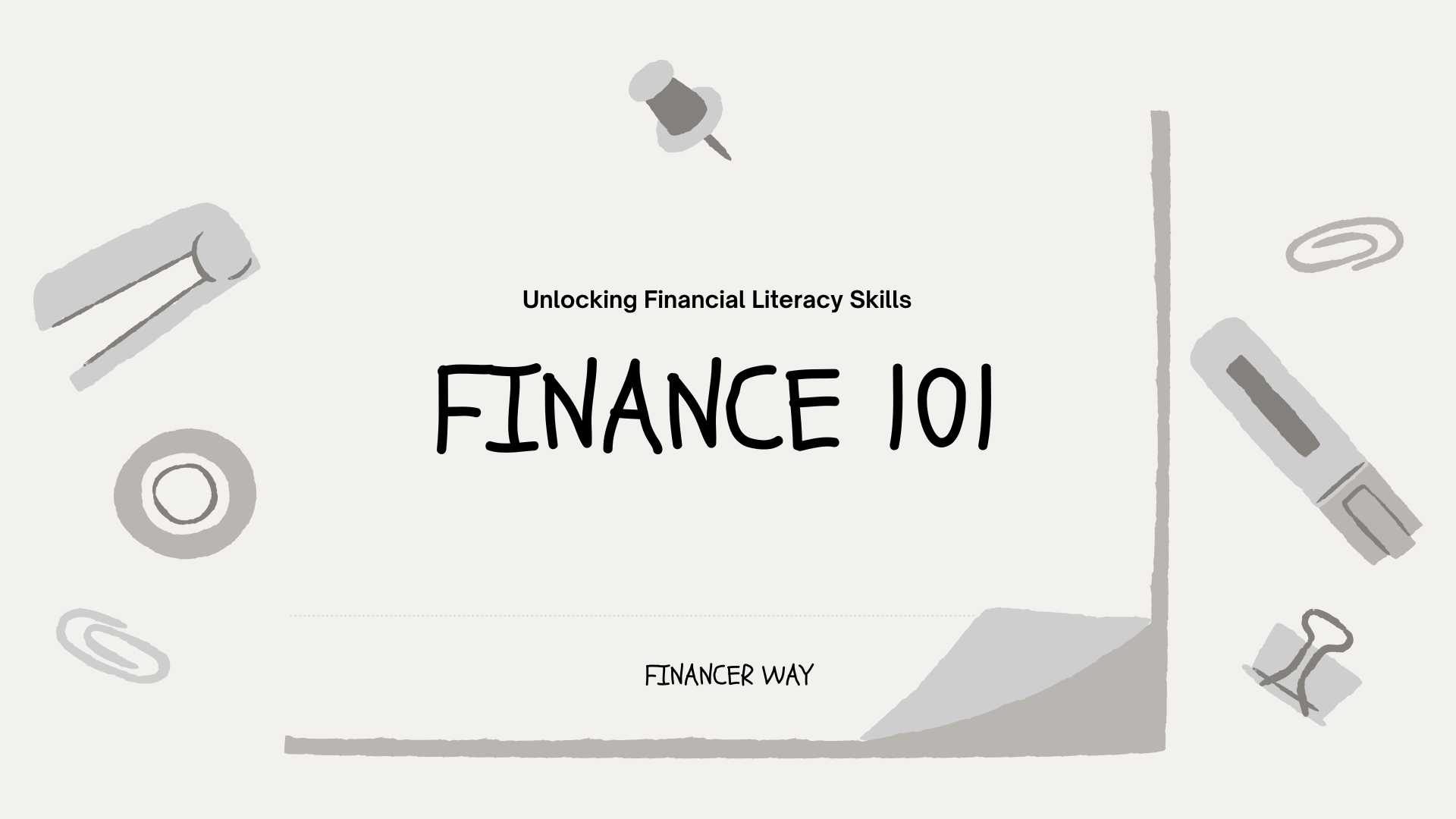“Improve your financial management skills with our financial literacy guide for small business owners. Learn key concepts, tips, and best practices to grow your business.”
As a small business owner, managing finances effectively is critical to the growth and survival of your business. Financial literacy is the ability to understand and manage financial concepts, make informed decisions, and avoid costly mistakes. In this article, we will discuss the importance of financial education for small business owners and provide practical tips to improve your financial skills.
Why is financial education important?

Financial Literacy for Small Business Owners
Small business owners face many financial challenges, including cash flow management, budgeting, and financing. Without a solid understanding of financial concepts, you may struggle to:
- Make informed decisions about investments and financing.
- Manage cash flow and reduce debt.
- Create a realistic budget and forecast.
- Identify and mitigate financial risks.
- Interact with lenders and investors.
Key Financial Concepts for Small Business Owners

1. Cash Flow Management: Understanding cash inflows and outflows is important for small businesses. Effective cash flow management helps you prioritize expenses, manage accounts receivable and payable, and make informed investment decisions.
2. Budget and Forecast: A well-planned budget and forecast helps you allocate resources, identify potential financial risks, and make strategic decisions.
3. Financial Statements: Understanding the balance sheet, income statement, and cash flow statement is essential to making informed decisions and identifying areas for improvement.
4. Financial Ratios: Key performance indicators (KPIs) such as debt-to-equity ratio, return on investment (ROI), and gross margin ratio help you evaluate the financial health of your business.
5. Tax Planning: Understanding tax laws and regulations can help you minimize tax liabilities and maximize deductions.\
Practical tips to improve financial education

1. Seek professional advice: Consult accountants, financial advisors or business advisors for expertise and guidance.
2. Take online courses or workshops: Use online resources like webinars, tutorials, and certification programs to improve your financial skills.
3. Use financial tools and software: Leverage accounting software like QuickBooks, Xero, or Wave to streamline financial management and gain insight.
4. Monitor and analyze financial data: Periodically review financial statements, KPIs, and industry standards to identify areas for improvement.
5. Develop a financial plan: Create a comprehensive financial plan that outlines goals, strategies, and risk management strategies.
Conclusion
Financial education is a critical component of small business success. By understanding key financial concepts, seeking professional advice, and using financial tools and resources, you will be able to make informed decisions, manage finances effectively, and grow your business. Remember, financial education is a continuous learning process and staying up to date with best practices and industry trends is essential for long-term success.
Frequently asked questions (FAQ)
Q. What is financial education and why is it important for small business owners?
A. Financial literacy is the ability to understand and manage financial concepts, make informed decisions, and avoid costly mistakes. It is important for small business owners to ensure the growth and survival of their business.
Q. How can I improve my financial education?
A. Get professional advice, take online courses or workshops, use financial tools and software, monitor and analyze financial data, and develop a financial plan.
Q. What important financial statements do I need to understand?
A. Balance Sheet, Income Statement and Cash Flow Statement.
Q. What is cash flow management and why is it important?
A. Cash flow management is the process of tracking and managing cash inflows and outflows. Prioritizing expenses, managing accounts receivable and payable, and making informed investment decisions are essential.
Q. How can I reduce financial stress and anxiety?
A. Develop a financial plan, prioritize expenses, manage cash flow, and seek professional advice when necessary.
Additional Resources
Websites:
- Small Business Administration (SBA)
- Financial Education and Literacy Commission (FLEC)
- Small Business Development Center (SBDC)
Books:
- “Financial Education for Small Business Owners” by SCORE.
- “Small Business Financial Management” by Steven D. Patterson.
- “Financial Intelligence” by Karen Berman and Joe Knight.
Online course:
- Coursera: “Financial Literacy” from the University of Michigan.
- Udemy: “Financial Management for Small Business Owners”
- edX: “Financial Planning and Literacy” from Purdue University.
Financial tools and software:
- quick books
- zero
- wave
- mint
- personal capital
